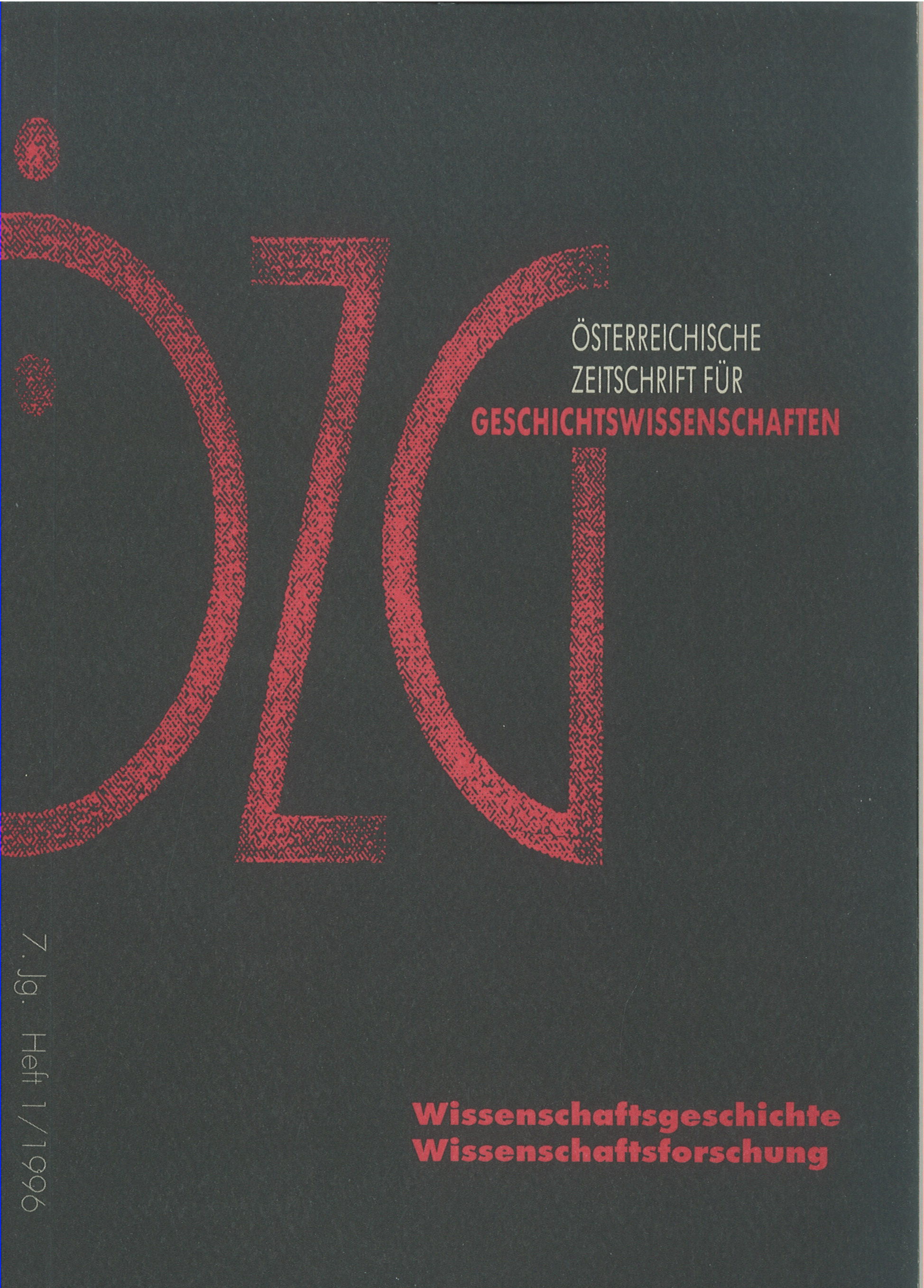Autochthone Provinzialisierung
Universität und Wissenschaftspolitik nach dem Ende der nationalsozialistischen Herrschaft in Österreich
DOI:
https://doi.org/10.25365/oezg-1996-7-1-4Abstract
The article retraces the repercussions of Austrian political cleavages within the Austrian university system, especially in the sphere of academic personnel and recruiting. 1938 it was predominantly Jews and political opponents of the Nazi party, who were forced out of their academic positions - and often into exile - , whereas 1945 the universities faced the problem of political cleansing: about 200 academic positions and chairs had to be reappointed. But the reconstruction of academic careers from the original files produces very surprising and sobering results: quite a few academics who had lost their positions because of their involvement in Nazi politics could after a moderately decorous lapse of time return to their teaching positions, but only members of the non-Jewish, Catholic- conservative group among the emigrated scientists and academics were offered adequate possibilities for return and for a continuation of their academic careers. Such a selective policy did not come about by chance but was the result of a conscious strategy of the responsible educational administrators during the Second Republic, a strategy which for decades turned Austrian universities into a domain of conservativism.


